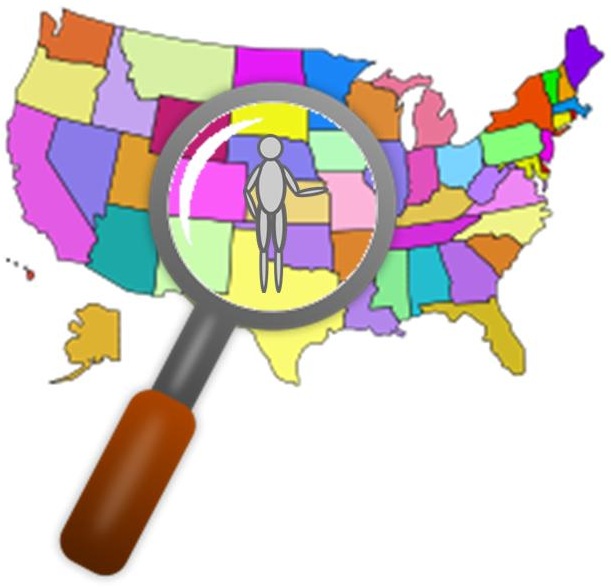The company is refocusing both its application and mobile site on search, personalization, and local.
Although Groupon has been very successful in mobile, it has been struggling since it became a publicly traded company and has been working to overcome those challenges through the use of geolocation technology and other mobile friendly techniques.
Since the CEO of the company, Andrew Mason, was sent packing, the company’s revenue has declined.
In fact, since that time, there has been a steady reduction in the daily deal site’s income. This has occurred as consumers seem to be growing immune to the emails of flash sales, either shying away from them or completely ignoring them. However, the current CEO, Eric Lefkofsky, has a new strategy in mind, which includes everything from geolocation technology to a highly personalized consumer experience.
Geolocation technology has become increasingly important in the mobile marketing environment.
 Both the mobile website and the app have now been changed at Groupon with a considerable shift in their focus. They are now aiming directly at the places in which people actually look for their deals. Therefore, there has been a considerable swing toward personalization, geolocation technology, and search. These redesigns appear to make a great deal of sense and could make all the difference in turning the company’s revenue trend around, to an upward direction.
Both the mobile website and the app have now been changed at Groupon with a considerable shift in their focus. They are now aiming directly at the places in which people actually look for their deals. Therefore, there has been a considerable swing toward personalization, geolocation technology, and search. These redesigns appear to make a great deal of sense and could make all the difference in turning the company’s revenue trend around, to an upward direction.
In fact, the geolocation technology based “Local Explorer” feature has opened up a number of new opportunities as it automatically pops up content within the user’s current city. This was once served only with a “nearby” tag. Now, it detects the user’s location and alters the background, sending targeted deals by way of push notifications, as well. These provide users with reminders of the existence of the app while they’re on vacation or travelling; times in which they are most likely to want discounts in places such as restaurants.
Moreover, beyond geolocation technology, there is also now a search bar at the top of all of the mobile screens, which place a greater focus on searching, which has never been there, before. Along with the personalized greetings and deals, this suggests a considerably enhanced experience for the customer.
 The think tank has raised considerable concerns regarding consumer safety and security.
The think tank has raised considerable concerns regarding consumer safety and security.
In 2012, a geolocation privacy bill by Senator Al Franken (D-Minnesota) was approved by the Senate Judiciary Committee, in order to provide the users of smartphones with a greater degree of control over the way that their data is controlled.
However, the Information Technology and Innovation Foundation feels this legislation is problematic.
The law that was proposed would make it necessary for app developers to require users to specifically opt in to programs that would allow for the collection or disclosure of geolocation data. It would no longer be permitted for apps to automatically select that option, so that users would need to actively opt out if they did not wish to share their information in that way.
The geolocation data was not being protected by the companies that collected it, said Franken.
According to the senator, the “Companies that collect our location information are not protecting it the way they should.” At that time, he made reference to a number of errors and blunders regarding privacy, which had drawn considerable media attention. This included reports that Android and iPhone devices were sending the geolocation data of their users to Google and Apple.
Not to mention the CarrierIQ fiasco. That company was a part of a high profile discovery in 2011, when the researcher demonstrated that its software was capable of logging the keystrokes that were made on smartphones.
While it is Franken’s intention to reintroduce the geolocation privacy bill in 2013, Information Technology and Innovation Foundation (ITIF), a think tank, is openly arguing that this proposed law may not encourage positive changes. In fact, it called the legislation “particularly problematic for apps that are supported by location-based advertising.”
It explained that the bill, which was designed to protect a user’s privacy in the face of geolocation technology and use, would require a user to have to give consent every time the app intends to work with a new ad network. This, they say, would generate awkward consumer notices. The think tank’s behaviors in the past have not indicated that they are adverse to advertising techniques such as pop-ups, which they recently used to state that they were rejecting do-not-track requests.
 Both the mobile website and the app have now been changed at Groupon with a considerable shift in their focus. They are now aiming directly at the places in which people actually look for their deals. Therefore, there has been a considerable swing toward personalization, geolocation technology, and search. These redesigns appear to make a great deal of sense and could make all the difference in turning the company’s revenue trend around, to an upward direction.
Both the mobile website and the app have now been changed at Groupon with a considerable shift in their focus. They are now aiming directly at the places in which people actually look for their deals. Therefore, there has been a considerable swing toward personalization, geolocation technology, and search. These redesigns appear to make a great deal of sense and could make all the difference in turning the company’s revenue trend around, to an upward direction.
 The think tank has raised considerable concerns regarding consumer safety and security.
The think tank has raised considerable concerns regarding consumer safety and security.